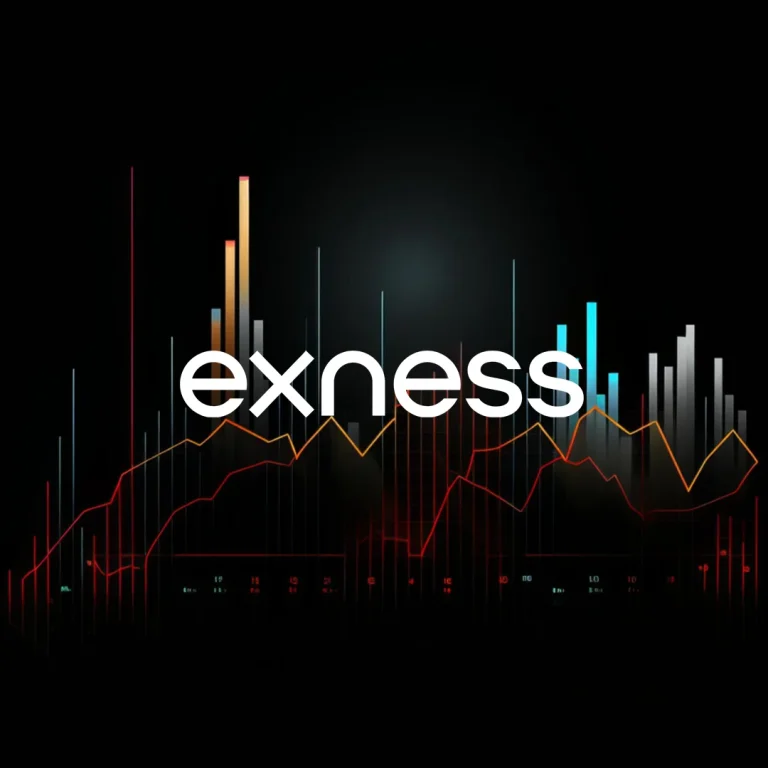Exness in India: Legal Status and Regulatory Framework
Home » Legal Status
The legal landscape for forex trading in India involves complex regulatory structures from multiple government bodies. Exness operates within this framework while traders must understand their compliance obligations.
Current Regulatory Framework for Forex Trading in India
Forex trading in India exists under the oversight of several regulatory authorities. The Reserve Bank of India (RBI) functions as the primary regulatory body for currency exchanges and forex-related activities. The Securities and Exchange Board of India (SEBI) oversees securities markets, which includes certain currency derivatives.
The Foreign Exchange Management Act (FEMA) of 1999 established the fundamental legal structure for foreign exchange transactions in India. This act replaced the earlier Foreign Exchange Regulation Act (FERA) and governs how residents and non-residents can conduct currency exchanges and transfers.
Under FEMA regulations, retail forex trading faces specific limitations. The RBI permits forex trading only in currency pairs that include the Indian Rupee (INR) on authorized exchanges like the National Stock Exchange (NSE) or Bombay Stock Exchange (BSE). Cross-currency pairs without INR involvement fall under different regulatory considerations.
Exness Status in the Indian Market
Exness operates as an international forex broker with headquarters outside India. The company holds licenses from various international regulatory authorities including the Financial Sector Conduct Authority (FSCA) in South Africa, the Financial Services Authority (FSA) in Seychelles, and the Cyprus Securities and Exchange Commission (CySEC).
Currently, Exness does not hold specific registration with Indian regulatory bodies like RBI or SEBI. This status reflects the broader regulatory environment for international forex brokers in India, where direct licensing remains uncommon for foreign entities.
Indian traders accessing Exness services do so under the international service model rather than through India-specific operations. This arrangement functions similarly to other international financial services accessed by Indian residents within the applicable legal framework.

Legal Considerations for Indian Traders
Indian residents considering forex trading through Exness should understand several legal nuances that affect their participation.Currency Pair Restrictions
The RBI permits Indian residents to trade only in currency pairs that include INR when trading domestically. However, FEMA regulations address overseas transactions differently. The Liberalized Remittance Scheme (LRS) established by the RBI allows Indian residents to remit up to $250,000 per financial year for various purposes including investments. Funds transferred under LRS must comply with reporting requirements and limitation parameters. These transfers must occur through authorized banking channels with appropriate documentation. The receiving entity must meet applicable regulatory standards in its jurisdiction of operation.Tax Implications
Indian traders using Exness face standard tax obligations on trading profits. Income generated from forex trading typically falls under “Income from Other Sources” or “Business Income” categories depending on trading frequency and approach. The Income Tax Act requires reporting all global income for Indian residents. Profits from forex trading, regardless of where the broker operates, remain taxable in India. Proper record-keeping of all transactions becomes essential for accurate tax filings and compliance. Tax rates apply according to the individual’s income bracket plus applicable surcharges and cess. Short-term capital gains may apply different tax treatments than regular income in certain circumstances. Consultation with tax professionals helps ensure proper compliance with Indian tax laws.KYC and Compliance Requirements
Know Your Customer (KYC) procedures form a critical component of financial services compliance globally. For Indian traders using Exness, these requirements carry particular significance. Exness implements standard KYC procedures requiring identity verification. Documentation typically includes:| Document Type | Purpose | Format Requirements |
| Government ID | Identity verification | Clear copy of Aadhaar, passport, or voter ID |
| Proof of Address | Residential verification | Utility bill or bank statement (last 3 months) |
| Bank Statement | Financial verification | Recent statement showing name and account details |

Payment Methods and Currency Considerations
Funding accounts and withdrawing funds present practical aspects of the legal framework. Indian traders must use approved payment channels that comply with RBI regulations.
Bank wire transfers represent the most straightforward method for Indian traders. These transfers occur through authorized banking channels with proper documentation, satisfying regulatory requirements for international remittances.
Electronic payment systems vary in their compliance status. Some payment processors have established proper regulatory frameworks for India-originated transactions, while others may face limitations. Verifying the regulatory status of any payment method before use helps avoid potential complications.
Currency conversion factors impact the trading experience for Indian users. Since the Indian Rupee (INR) is not a directly tradable currency on Exness, funds undergo conversion to USD, EUR, or other base currencies. These conversions involve standard banking exchange rates and potential conversion fees.
Risk Disclosures and Responsibilities
Indian regulations emphasize consumer protection through mandatory risk disclosures. Traders should understand these disclosure requirements and their implications.
Trading forex involves substantial risk of capital loss. Indian financial regulations require clear communication of these risks to consumers before engagement in such activities. Exness provides risk disclosures in compliance with international standards.
Leverage magnifies both potential gains and losses. Indian traders should note that while leverage offers capital efficiency, it also increases risk exposure proportionally. Risk management becomes particularly important when using leverage in trading activities.
Indian traders maintain responsibility for understanding applicable regulations. Changes in regulatory frameworks may occur without direct notification to individual traders. Remaining informed about regulatory developments helps maintain compliance with evolving requirements.
Dispute Resolution Framework
Understanding dispute resolution options provides essential knowledge for Indian traders using international forex services.
Internal Resolution Processes
Initial dispute resolution occurs through Exness customer support channels. These processes handle routine issues related to trading conditions, account functionality, or technical concerns. Documentation of all communications helps establish a clear record of the resolution process.
Escalation protocols exist for situations where initial support cannot resolve the issue. These typically involve senior management review and may require additional documentation from the trader. Timeframes for resolution vary based on case complexity.
External Resolution Options
If internal resolution proves unsatisfactory, external options become relevant. Since Exness holds licenses from international regulators, complaints may be directed to the appropriate regulatory authority based on which entity provides services to the trader.
For Indian customers, consumer protection mechanisms under Indian law may apply in certain circumstances. The Consumer Protection Act of 2019 established updated frameworks for addressing consumer grievances, though application to international financial services involves jurisdictional considerations.
International arbitration represents another potential avenue for significant disputes. The specific terms of service accepted when opening an account typically outline the applicable jurisdiction and arbitration terms for formal dispute resolution.
FAQ: Preguntas Frecuentes
Is forex trading legal for Indian residents?
Forex trading exists within a specific regulatory framework in India. The RBI permits trading of currency pairs involving INR on authorized exchanges like NSE and BSE. For trading through international brokers, Indian residents may utilize the Liberalized Remittance Scheme (LRS) which allows remittances up to $250,000 per financial year for various purposes including investments. Traders must ensure all transactions occur through authorized banking channels with proper documentation. The legality depends on adhering to these regulatory parameters rather than the act of forex trading itself.
How do tax obligations apply to Indian traders using Exness?
Indian residents must report all global income, including profits from forex trading through international brokers. These earnings typically fall under “Income from Other Sources” or “Business Income” categories in tax filings, depending on trading frequency and approach. The applicable tax rate follows the individual’s income bracket plus surcharges and cess. Proper record-keeping of all transactions becomes essential for tax compliance. Traders should maintain documentation of all deposits, withdrawals, and trading activities for accurate reporting purposes. Consultation with tax professionals helps ensure proper compliance with Indian tax regulations.
What happens if Indian regulations change regarding forex trading?
Regulatory frameworks evolve based on government policies and economic considerations. If Indian regulations regarding forex trading or international remittances change, Exness would adjust service availability accordingly. Traders bear responsibility for staying informed about regulatory developments affecting their activities. Significant regulatory changes typically include implementation periods allowing for adjustment. Exness communicates relevant regulatory developments through account notifications, though traders should independently monitor official sources like RBI and SEBI announcements. Maintaining flexible trading approaches helps adapt to evolving regulatory environments.
Can Indian traders use INR as a base currency on Exness?
Currently, the Indian Rupee (INR) does not function as a base currency on Exness platforms. Indian traders typically fund their accounts in USD, EUR, or other supported currencies. This requires currency conversion during deposit and withdrawal processes, usually through banking channels. These conversions involve standard exchange rates and potential conversion fees from banking institutions. The absence of direct INR support reflects broader currency convertibility regulations rather than Exness-specific policies. Traders should factor these conversion considerations into their overall cost analysis when evaluating trading economics.

